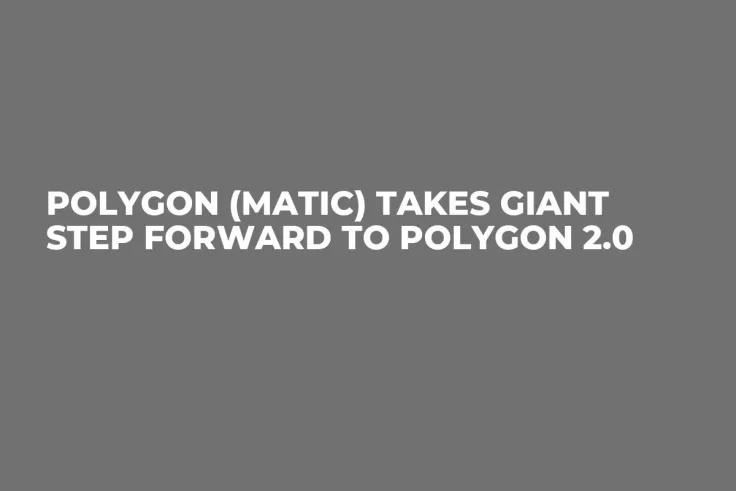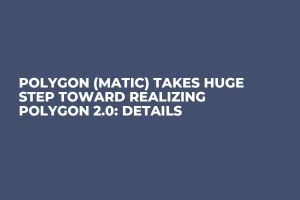
Disclaimer: The opinions expressed by our writers are their own and do not represent the views of U.Today. The financial and market information provided on U.Today is intended for informational purposes only. U.Today is not liable for any financial losses incurred while trading cryptocurrencies. Conduct your own research by contacting financial experts before making any investment decisions. We believe that all content is accurate as of the date of publication, but certain offers mentioned may no longer be available.
The Ethereum scaling network Polygon has made a big leap in its journey toward Polygon 2.0.
The upgrade to POL was initiated on the Ethereum mainnet after months of development, community consultation and a successful testnet launch.
Polygon 2.0, which was launched this summer, is a roadmap for scaling Ethereum to develop the Internet's value layer, and POL enables this capability.
POL, a next-generation hyperproductive token, will use a native restaking protocol to power a massive ecosystem of zero-knowledge-based Layer 2 chains.
POL holders will be able to validate many chains and play multiple roles on each one (sequencing, ZK proof generation involvement on data availability committees and so on).
According to Polygon cofounder Mihailo Bjelic, the launch of POL is a major milestone on the Polygon 2.0 roadmap, but it is only the beginning, as it will pave the way for several upgrades.
The POL upgrade sets the stage for the next set of Polygon 2.0 milestones. Launching a new staking layer to power Polygon L2s, upgrading Polygon PoS to zk-rollup and building an advanced, ZK-powered interoperability and shared liquidity protocol for all of these L2s are all on the agenda.
Bjelic went on to say that the POL contracts, together with the recently announced Polygon Protocol Council, are interlocking gears in a community-driven governance mechanism that will play an increasing role in shaping the future of Polygon protocols in the 2.0 era.
The cofounder of Polygon predicts that the coming year will bring dramatic improvements to the Polygon protocols, with POL enabling all of them to become a reality.


 Dan Burgin
Dan Burgin Vladislav Sopov
Vladislav Sopov